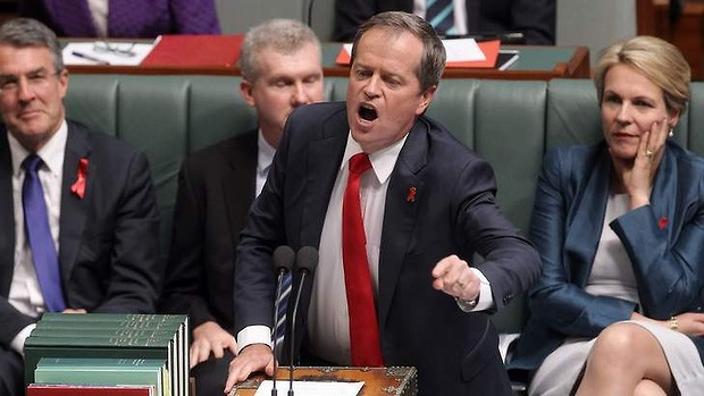How to solve a problem like TPD?
Zurich introduces new assessment criteria as part of an innovative rethink of misunderstood cover.
An insurance purchase generally entails an expectation that when the ‘wheels fall off,’ financial loss is compensated by an equivalent claim payment.
Historically some total and permanent disability (TPD) contracts, have fallen short of this expectation as claimants are required to be injured to the extent they’re deemed unlikely to ever work again. This severity benchmark and occupational claim hurdle have contributed to recent media coverage around TPD claim denial rates and the frequently held misconception that you virtually have to be permanently hospitalised to claim against TPD. with such disconnect between financial loss and claim outcome, it is easy to see why some observers have questioned the value of TPD.
Contrary to the idea TPD claims are ‘pigs might fly’ type events, or life insurers might force a librarian to work as a truck driver, Australian life insurers pay hundreds of millions of dollars in TPD claims each year. In reality, we know TPD can be a vitally important part of the protection strategy and the financial assistance it provides changes lives, but with that said, it’s important to acknowledge that not all TPD contracts are created equal.
As part of its recent risk product overhaul, Zurich has re-engineered its TPD offering by adding a number of additional – non-occupation based – assessment criteria to flagship Wealth Protection product.
Zurich’s medically based claims alternative that alleviates reliance on a client’s future ability to work is known as extended activities of daily living (Extended ADLs). To further improve the confidence around the TPD conversation and better align claim outcomes with client expectations, a partial and progressive payment system is also available through Zurich’s platinum TPD feature.
Extended ADLs – moving beyond the self-care definition
It’s critical to acknowledge that whilst most traditional TPD products include a form of ADL cover, Zurich’s approach is distinctly different.
The extended ADL framework captures a much broader range of assessment criteria’s and qualifying benchmark at claim time are considerably more lenient. For example, whilst traditionally ADLs centre around the claimant’s ability to self-care, Zurich’s approach expands the qualifying criteria to include an individual’s functional status across the following six categories:
- Self-care
- Communication
- Physical activity
- Sensory function
- Hand functions
- Advance functions.
So let’s look at the practical application and the benefits the extended ADL framework con deliver clients.
[via FINANCIAL STANDARD]











